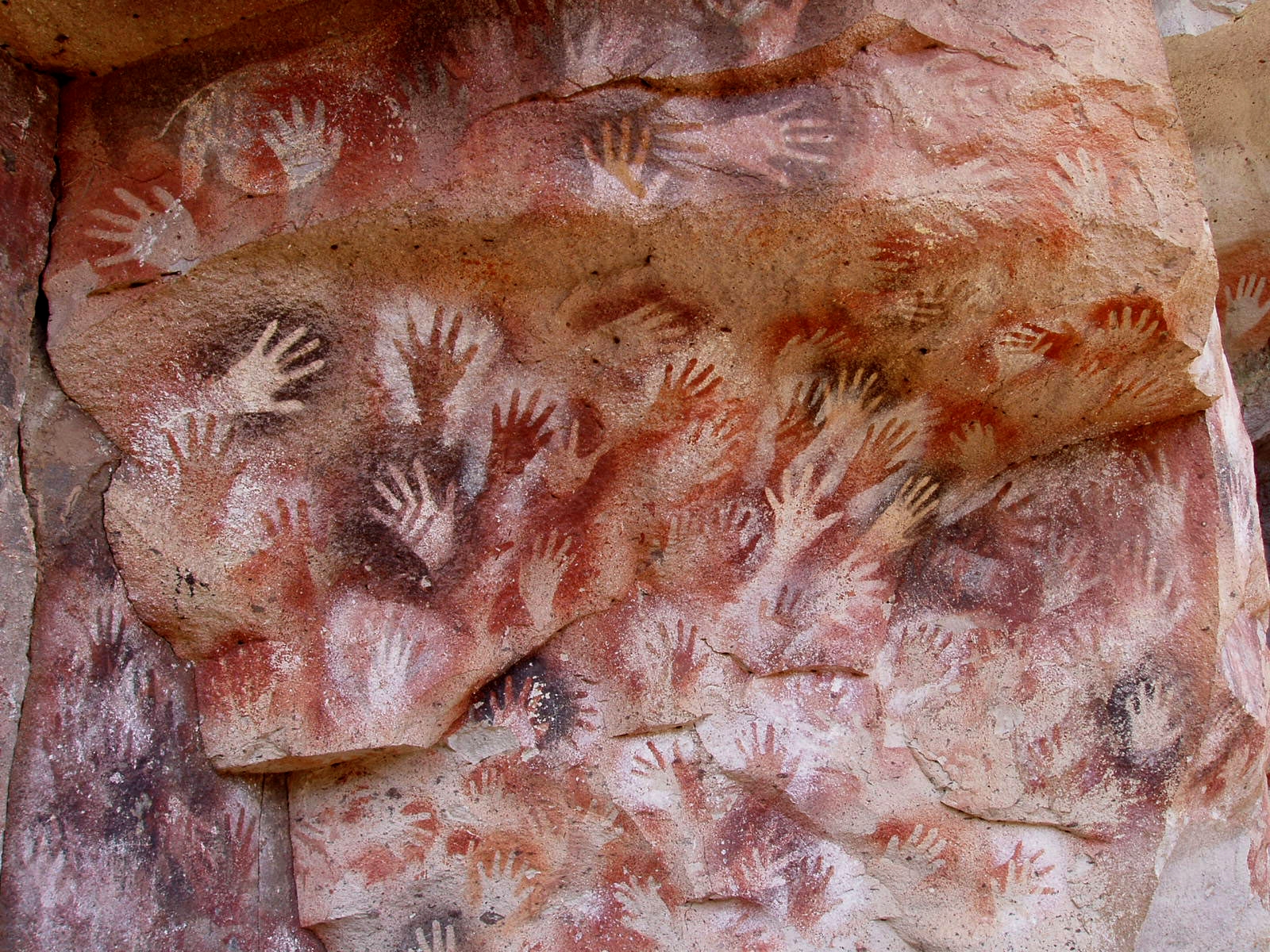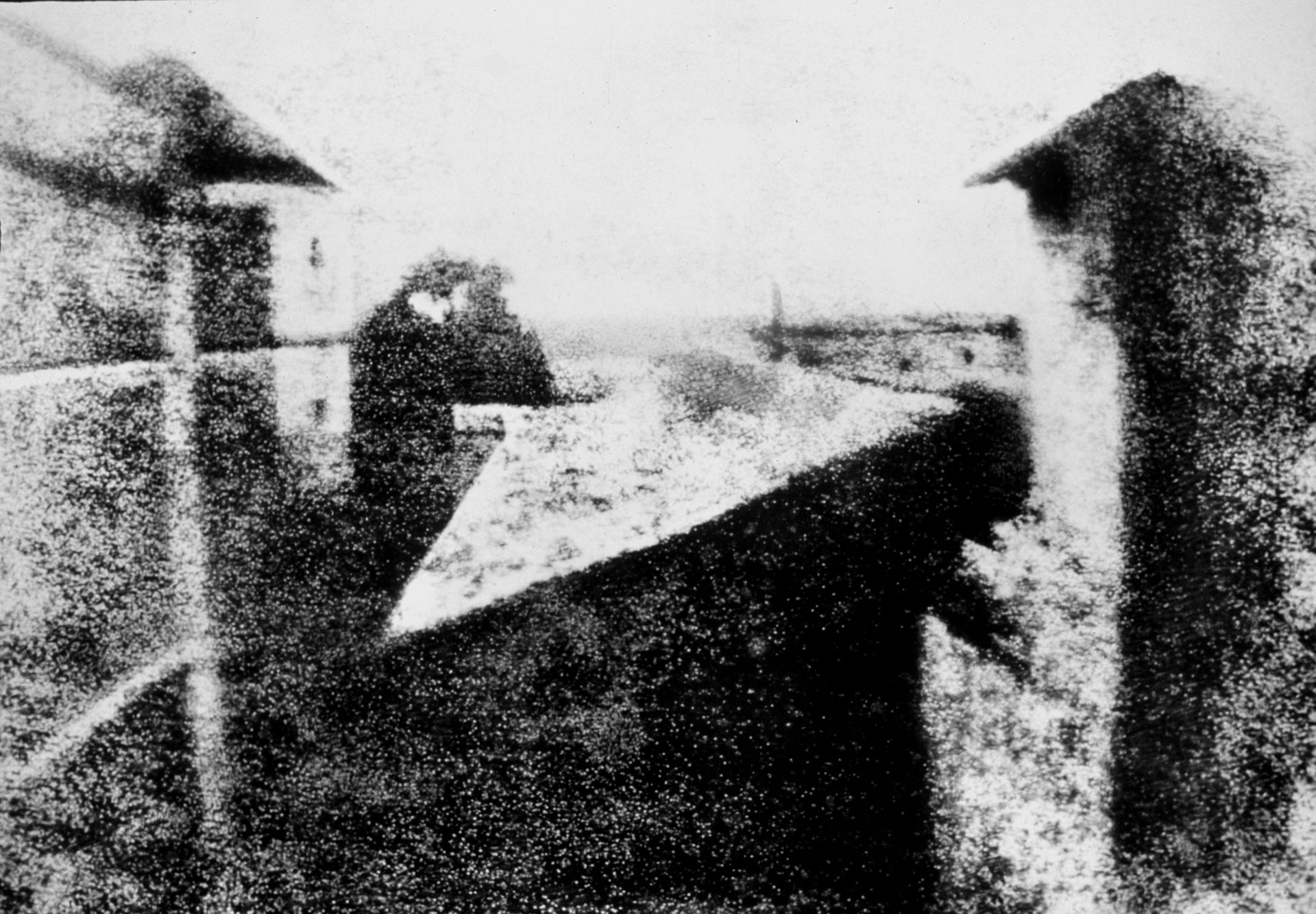The Future of History
Lest We Forget

Image Credit: By Mariano - Own work, CC BY-SA 3.0, https://commons.wikimedia.org/w/index.php?curid=265811
Since pre-history we have seen evidence of humans wishing to immortalise themselves. The above hand paintings are examples of people wishing to say 'I was here', of course thats speculation on my behalf, but in an ever changing world where we have little control, making your mark in such an indellible way must surely be a statement of ones existence.
The problem of these markings of course is that it tells us very little (well practically nothing) about the people who made them, except they were there and wished to be remembered. Of course thats the problem, we know they were there, but we have no concept of who they were.
Writings

Image Attribution: By NYC Wanderer (Kevin Eng) - originally posted to Flickr as Gutenberg Bible, CC BY-SA 2.0, https://commons.wikimedia.org/w/index.php?curid=9914015
A huge number of people have recorded their deeds and thoughts in words, writing are available from all over the world from many cultures, be they religous texts or historic accounts. However we must ask ourselves, what do we really know of these people; Julius Caesar, we know his name and many of his great deeds, but do we know the sound of his laugh, or whether he liked vegetables, or what he really thought of the Senate? No, we dont know Julius Caesar, we know of his larger deeds and we might be able to guess as his character, some coins have a rough representation of his facial profile, and thats it. Despite his name echoing through milennia, Julius Caesar as a person, is forgotten, just as the pre-historic people making their hand prints on the cave wall are forgotten.
Images

Very recently, we have been able to capture still images, the above being the earliest known photograph still to survive. With this technology we can of course see a high-fidelity image of a persons face, their build and mannerisms. Moving images came relatively quickly after photography and we could get an even better sense of the person. However, we still cant know a person this way, do you feel you know Charlie Chaplin, just by seeing him run and fall? Of course not. If you add some of the written words, you get a sense of who he was, but still its hard to say you know him.
Of course adding the concept of voice recording is an improvement, but still, could any of us claim to really know Elvis? Certainly there are people who consume every detail of his life, but the sense of truly knowing him is tantilisingly out of reach.
Social Media

By Photo: Harland Quarrington/MOD, OGL, https://commons.wikimedia.org/w/index.php?curid=28411874
And so we get to the modern age of social media. Many people now record almost everything they think or feel, eat, dream about or deed they make. We see that some people are so desparate to be known that they turn their whole lives into entertainment for the masses.
And so we must ask ourselves, in another two thousand years, will historians and archeaologists have a better sense of who we are, and by we I mean you and I dear reader. Probably not, but why? We can assume that not all data will survive. So ordianary folk like us, we can assume most of our records will have become lost in time, but future generations will have a great idea of who Joey Essex is, purely becasue of the sheer volume of information recorded about them (not specifically picking on poor Joey, who probably gets a bit of a raw deal).
A Plea to The Future of History
Then please future peoples, do not judge us all as one group, recognise, if you can, that the few accounts of humanity that remain, do not represent us all...
I appreciate the analysis of how technology frames how we look at the past. I also like your final thought regarding how we tend to group all of an era into one big group, and not look at specific people and thier unique attributes. Unfortunately we tend to look for trends in history, and the technology itself, as opposed to us as people will be what is remembered from now on. Fortunately due to technology future historians will have such a plethora of first hand accounts of our strange times.
Thank you. Yes I wonder what our huge production of data will do for future historians, what funny conclusions they might reach about you and I (if anything at all).
Interesting your approach, in the future and with the evolution of technology, it will happen to us as to the people who have already passed through this planet, we will be an image or a sound.
We will become history.
Certainly we have a much better chance as individuals, of becoming part of history, than any generation before us :)
To listen to the audio version of this article click on the play image.

Brought to you by @tts. If you find it useful please consider upvote this reply.